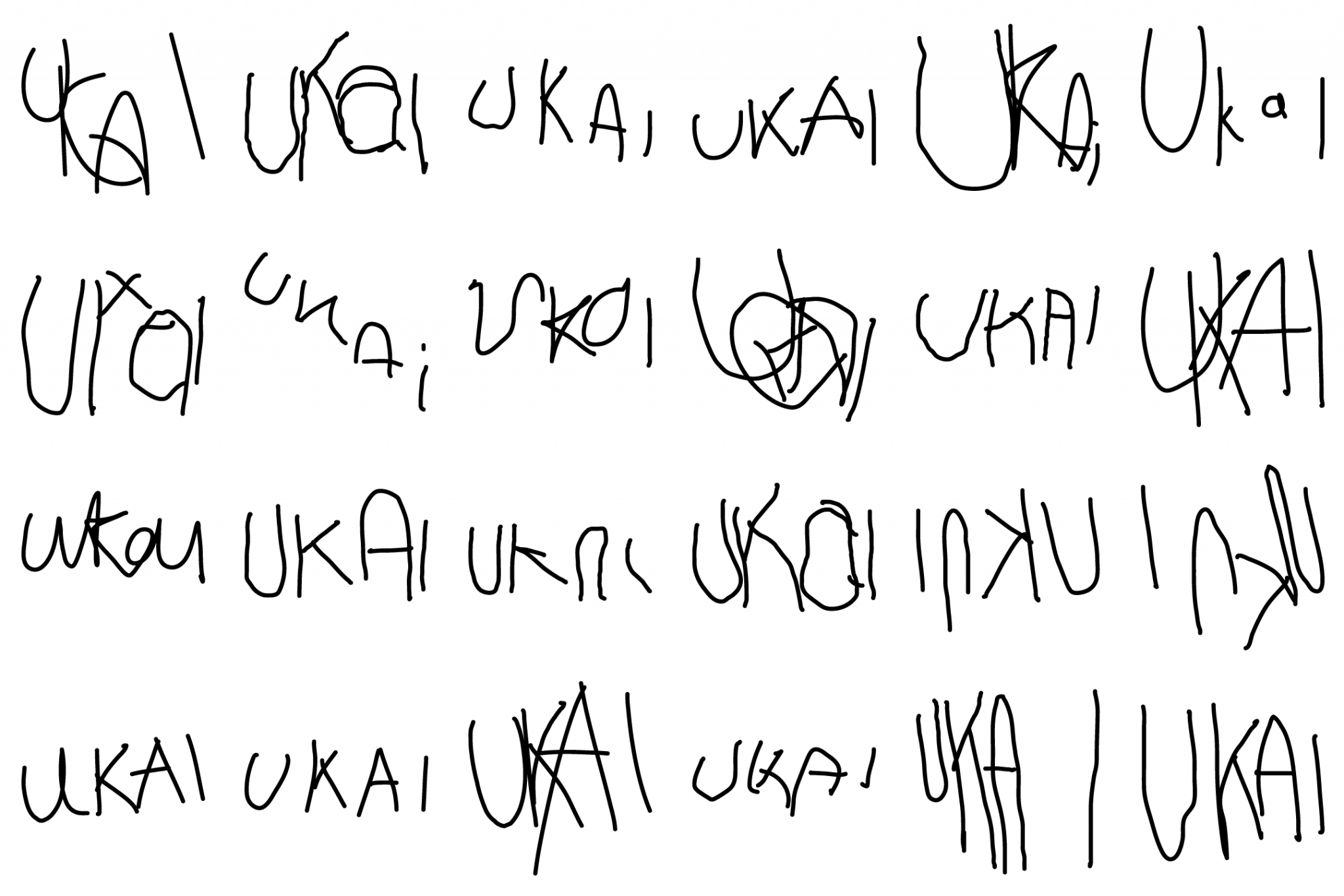About Us
Overview
At UKAI Projects, we research, prototype, and produce culture for what’s coming. Our work is a response to the increasing automation and regularization of everyday life. Many are no longer confident that the future will be better than the past or even the present, so we turn over more and more systems to the logics of efficiency and size. We deliver on projects that diversify the pool of solutions we have to draw upon now and going forward.
At UKAI, we embrace other values in the creation and outcomes of cultural work and explore the kinds of culture(s) we’ll need to deal with issues such as climate change, rising inequality, authoritarianism, and as-yet unknown crises. We do this through experimentation with cultural infrastructure, collaboration, and expression.
UKAI Projects’ mission is “culture for what’s coming”. Through artistic and cultural production we provide publics with opportunities to inhabit massive social, technological, and ecological volatility and to begin to make a home in a changing world.
We seek and test out modes of cultural production that are in the right relation to the world we are making.
Our home is a 7,000 sq-ft abandoned office space in downtown Toronto where we host exhibitions, residencies, workshops, parties, and more.
Much of our work is global, having recently created or presented work in Merida (MX), Geneva (CH), Beijing (CN), Dzaleka (MW), Cairo (EG), Berlin (DE), London (GB), Bristol (GB), Milan (IT), Reykjavik (IS), Helsinki (FI), Oslo (NO), and numerous locations across the United States and Canada.
Our work explores algorithmic systems, rising authoritarianism, and climate damage through embodied and immersive experiences. We call into question the appropriateness of ossified ideologies and routines to make sense of these changes and invite audiences to undersign themselves to what happens next.
UKAI Projects was incorporated federally as a not-for-profit in Canada in 2017.
Values
At UKAI Projects, we research, prototype, and produce culture for what’s coming. We are concerned that the single-minded pursuit of efficiency and size is misaligned with the world around us. Hurrying to a future that is less desirable than the present makes very little sense. We deliver on projects that diversify the pool of solutions we have to draw upon now and going forward.
Artists and the arts are essential to make sense of a world that is getting harder and harder to make sense of. We believe that the arts sector – as currently constructed – is incapable of responding to ecological, technological, and political volatility. Institutional art-making has internalized the moral assumptions of the systems it ought to be contesting. Cultural production that elevates consumption, spectacle, competition, efficiency, growth, and scarcity is unlikely to offer up useful approaches to living in a world altered by these same beliefs.
Polyphony
Rather than relying on polarized positions or ideologies, we seek out multiple ways of understanding the world in dialogue with each other.
Transvaluation
We substitute new values into existing systems to disturb why they do what they do. For example, we have experimented with artificial intelligence that prioritizes compassion over efficiency, generosity over size.
Prefiguration
We organize ourselves and our work to reflect the future we are trying to build. We will not obtain a peaceful future through violent means nor a generous future through selfishness in the present.
We believe that artistic and cultural practices are central to taking action and making things better.
UKAI Projects is incorporated federally as a non-profit arts organization. Our projects explore issues where polarized positions are common, such as artificial intelligence, community development, and economic inequality.
Our approach is dialogic, rather than dialectic, and we seek out different lived experiences, expertise, abilities, and geographies to provide a fuller picture of what is going on
We commission responses where there are gaps and prototype solutions that extend from the patterns that emerge.

